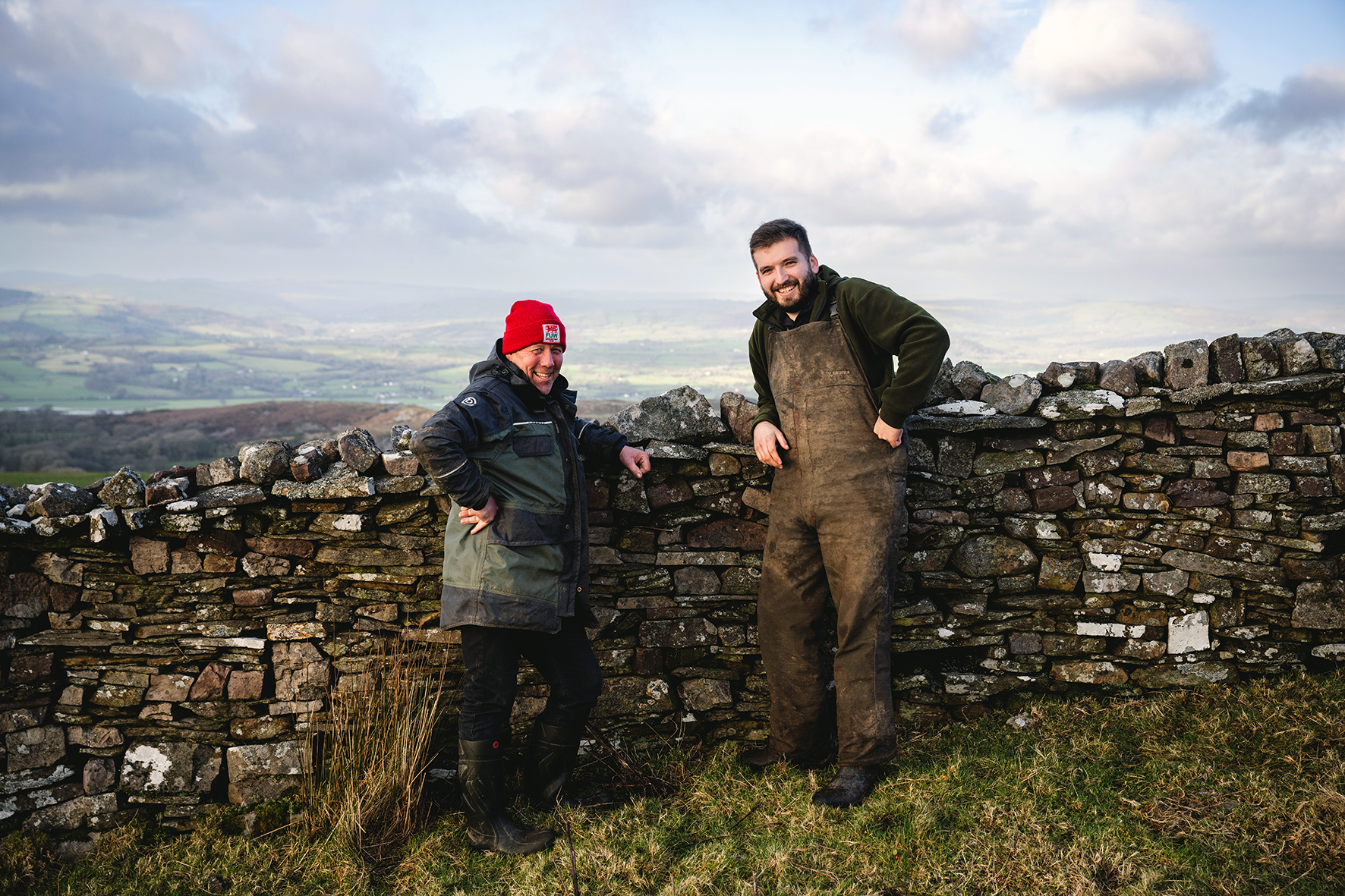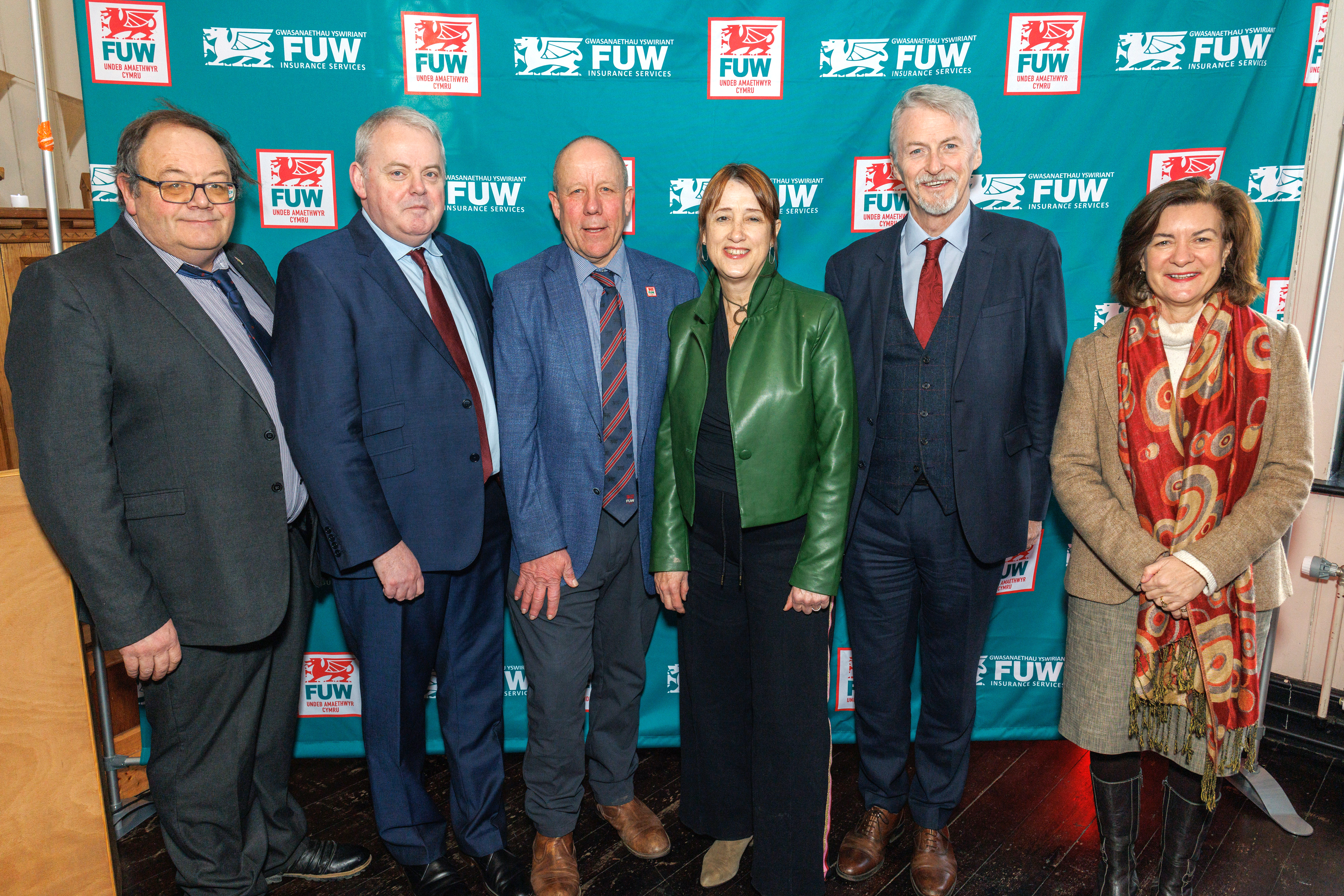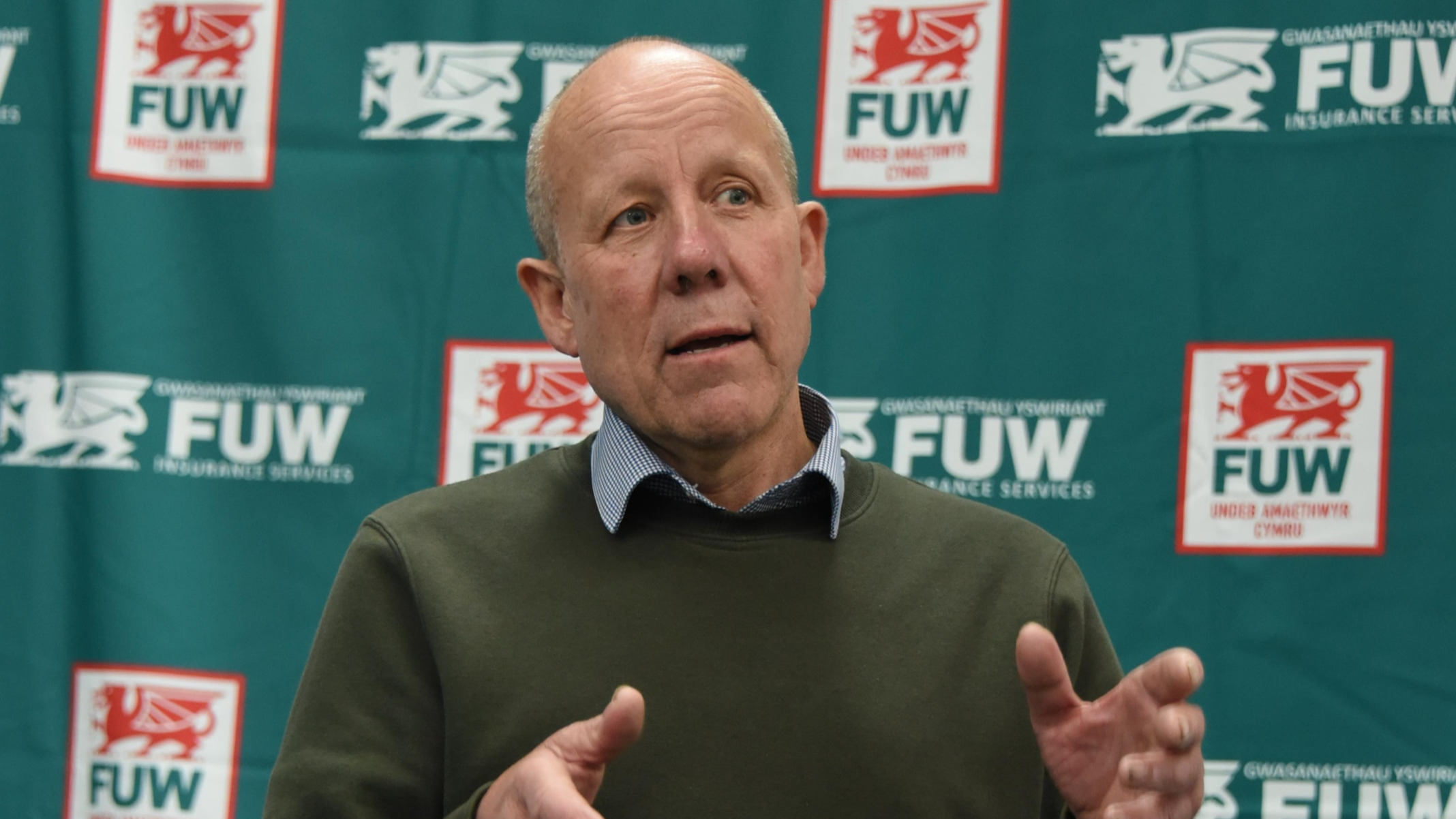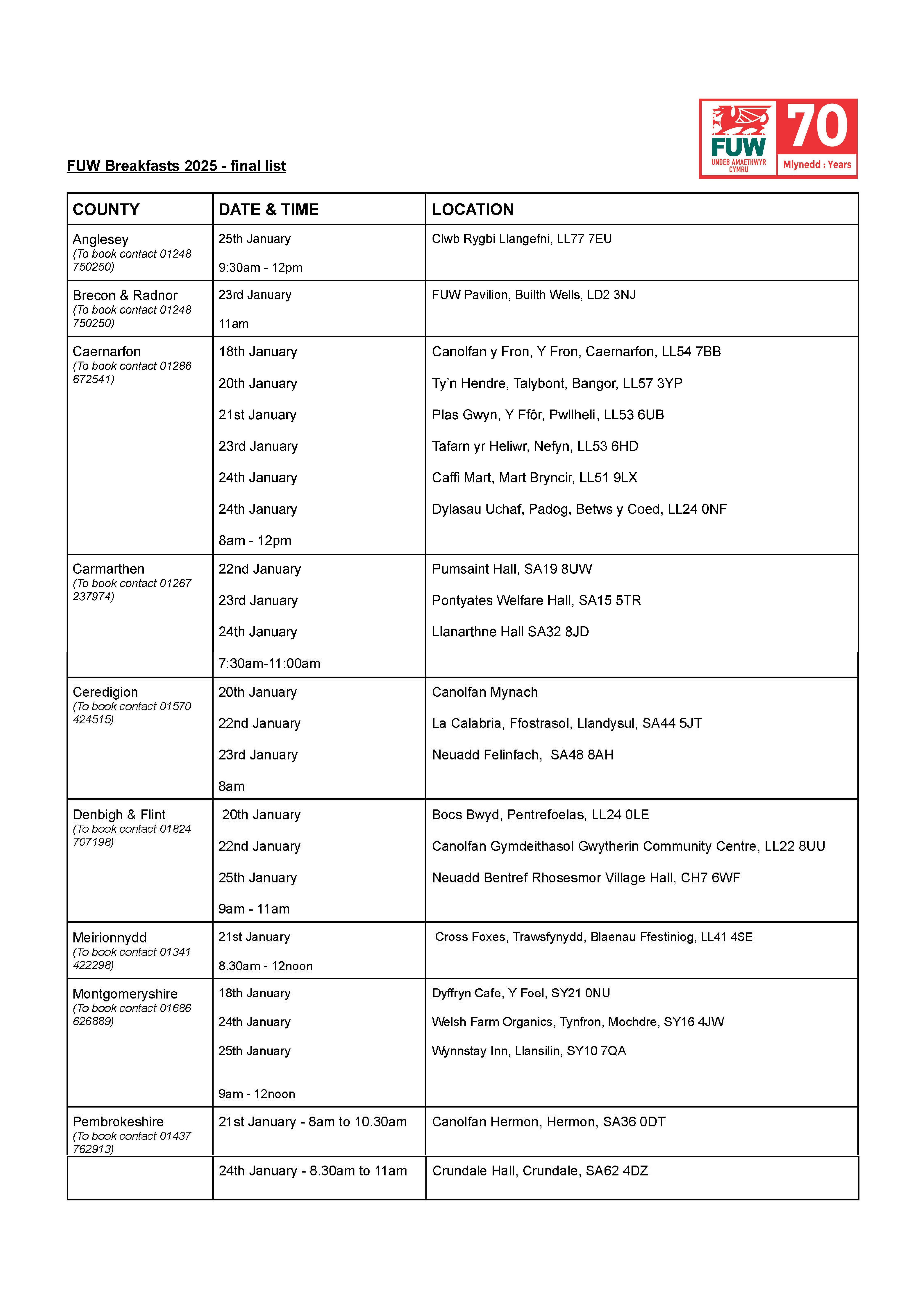This February, the Farmers’ Union of Wales is once again encouraging farmers in Wales to get behind the Big Farmland Bird Count, by spending 30 minutes recording the farmland birds they see on their land.
The initiative celebrates its 12th anniversary this year, and provides an opportunity to construct a snapshot of the health of our cherished farmland birds across Wales and the UK.
With almost 90% of Wales’ land used for agricultural purposes, how farmers manage their land is vital towards supporting biodiversity, with this survey therefore providing an opportunity to highlight the good work many farmers already do to support nature and the environment.
During last year’s count, nearly 395,000 birds were spotted from 1,721 surveys across the UK. In Wales, 33,882 birds were counted, with a total of 88 species recorded, including 18 species on the ‘Red List’ of birds of conservation concern, such as Starling, Lapwing and House Sparrows.
As well as providing a valuable insight into the state of nature on our farms, the Count also provides an opportunity to highlight what can be done by farmers to help farmland birds survive this difficult time of year so that the breeding populations are increased. Such simple actions include; planting and looking after hedgerows, creating and keeping wide field margins, as well as providing feeders with seeds during late winter and early spring to help birds at a time of year when food can be scarce.
As a Union, we were delighted to sponsor an event in Montgomeryshire this January promoting the Big Farmland Bird Count. This brought over 60 farmers and members of the local community together to raise awareness of how to identify farmland birds, as well as promoting the small, simple steps farmers can take to support bird populations.
The annual UK wide count, run by the Game & Wildlife Conservation Trust (GWCT) will take place between 7-23 February 2025, with farmers encouraged for one day to spend about 30 minutes recording the species and number of birds seen on one particular area of the farm.
For more information on how to take part, and to download your own count sheets, go to the Big Farmland Bird Count website: www.bfbc.org.uk/








